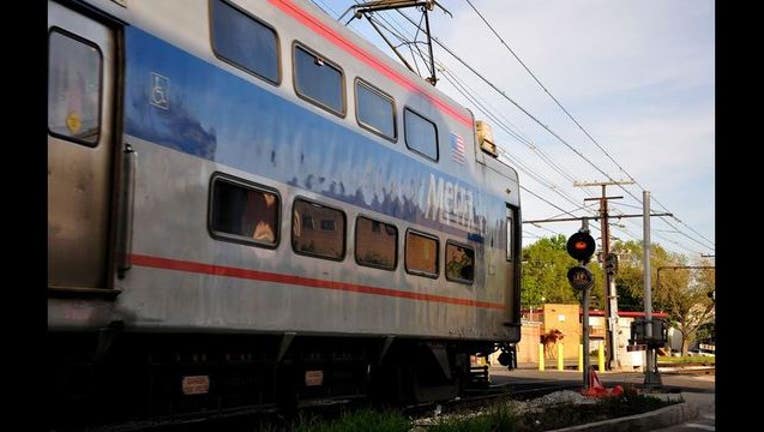Metra will miss 2018 deadline for new rail safety technology

Flickr | vxla
CHICAGO (AP) — The Metra commuter railroad will miss a 2018 deadline for installing safety technology on all of its Chicago-area routes, but said Wednesday it still expects to meet its obligations under a federal law requiring the expensive and complex updates.
Metra is among four commuter railroads and three major freight railroads around the country that informed the federal government last week that they won't hit the target. Instead, Metra outlined an implementation plan under which it expects to satisfy certain criteria for the government to grant it an extension through Dec. 31, 2020.
The technology known as positive train control, or PTC, uses GPS, wireless radio and computers to monitor train positions and automatically slow or stop trains that are in danger of colliding, derailing due to excessive speed or approaching track where crews are working.
Congress' nationwide technology mandate included almost no funding for a project expected to cost billions.
Metra has said the cost of its upgrade — between $350 million and $400 million — is one factor in its delay, especially in the face of Illinois' state budget stalemate and absence of a state bond program this year.
The agency normally depends on state and federal funding for the vast majority of its capital budget. This year, there is no state money going toward its $185.7 million in capital improvements. Metra has had to put $400 million worth of capital projects on hold, and to keep its PTC program on track, it had to raise fares. Once the safety system is in place, the cost of maintaining and operating it is expected to total $15 million to $20 million a year.
Among other challenges for Metra, the technology has to work seamlessly among many railroads that share the same tracks, a particular challenge in Chicago, the nation's busiest rail crossroads.
Another reason for the delay is that the technology is new and certain components have only recently become available, Metra says.
Metra expects to have some of its system operational by 2018. The 2020 alternative schedule is allowed if all PTC equipment is installed, personnel trained and several other milestones reached by the end of 2018 — a mark Metra expects to hit.
"For the past year, Metra has been vocal about the tremendous financial, regulatory, operational and technological challenges we face in implementing PTC on our system — which is the most complex of any railroad in the nation," the agency said in an email Wednesday.

